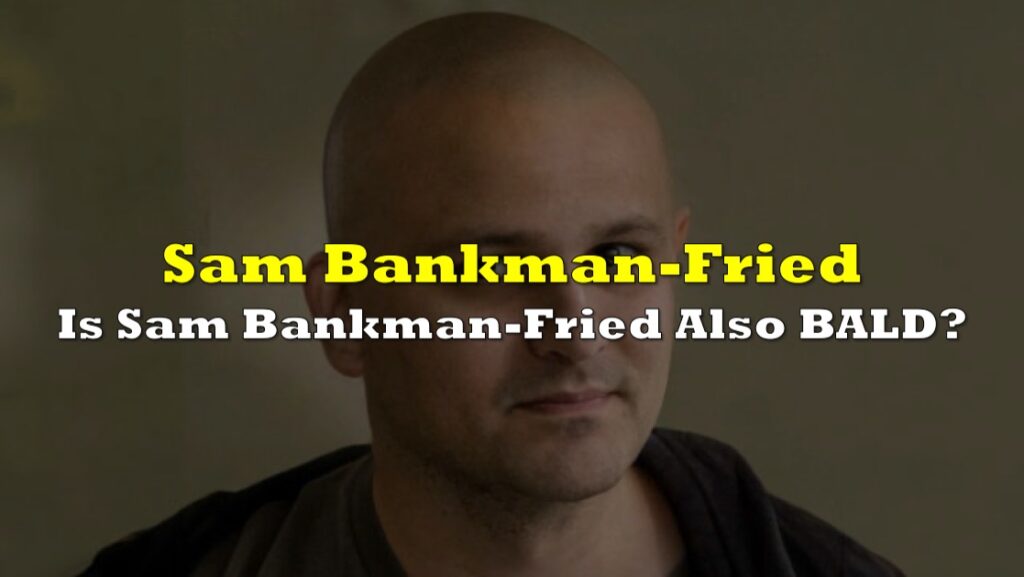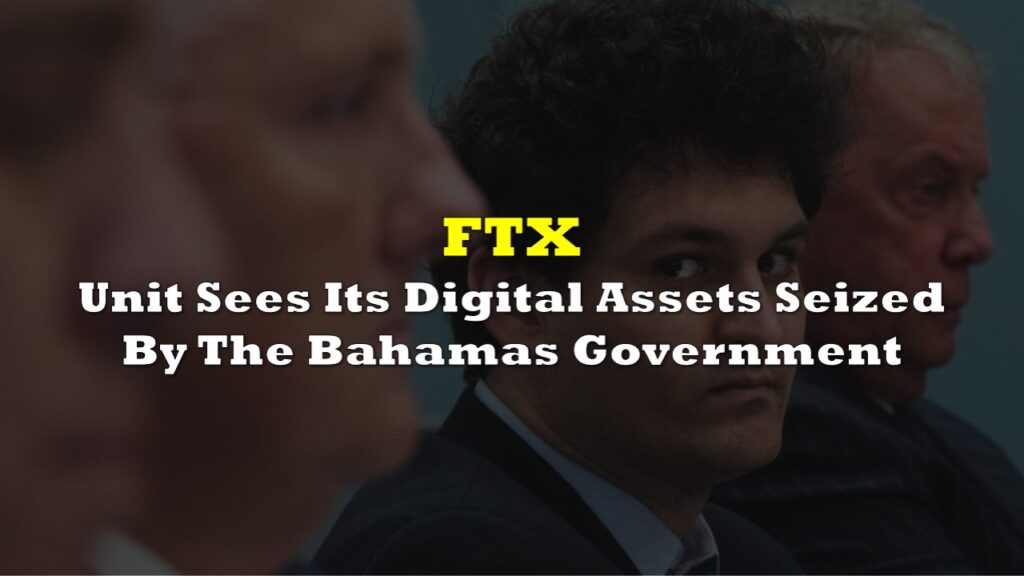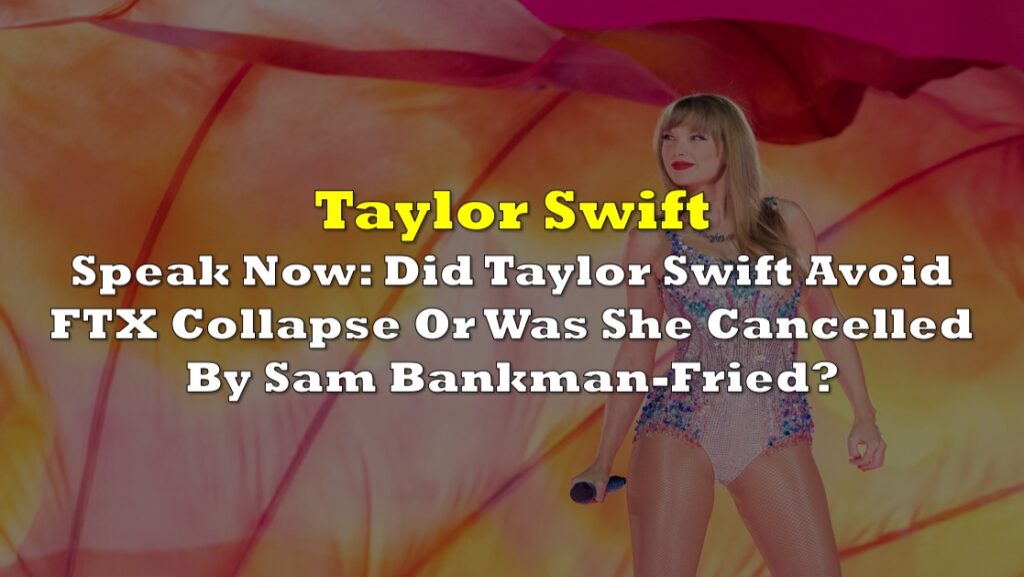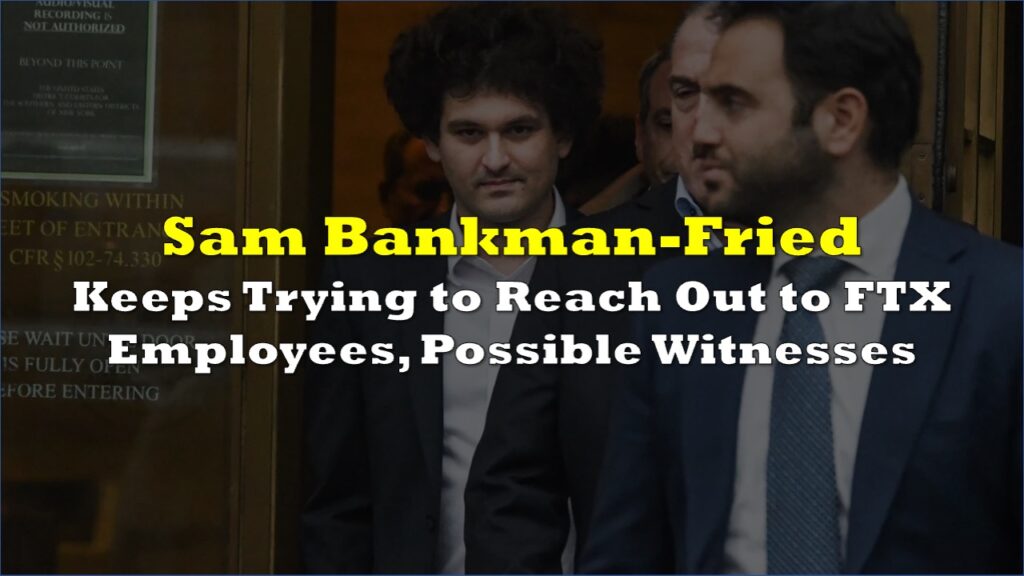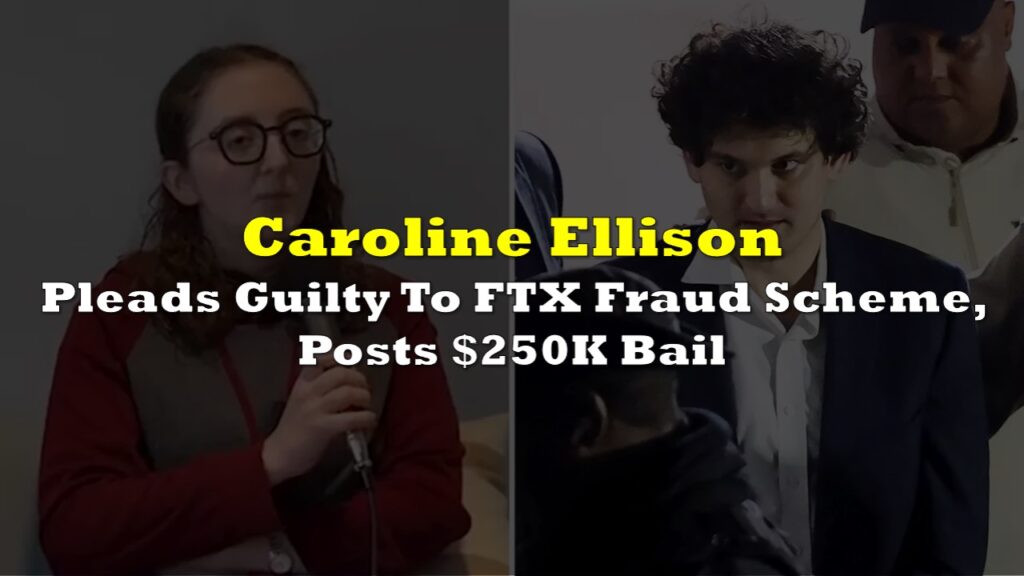The “fallen” former FTX leader bares everything recklessly–from claiming his philanthropic side was just PR to regretting filing chapter 11 bankruptcy.
While almost everyone in the crypto world is ready to hang FTX founder Sam Bankman-Fried, the controversial crypto personality isn’t going down without a fight–taking as many chances he can to air his side.
In a seemingly tell-all DM conversation with Vox’s Kelsey Piper, Bankman-Fried tried to explain himself. But, like how a fish gets caught by the mouth, the embattled crypto executive bared more between the lines.
READ: In A Nutshell: How FTX Fell From Grace, According To Sam Bankman-Fried Himself
Ethical Sam? “It’s not true”
Bankman-Fried once had the goal of saving the crypto industry, as the space touts him as the genius who would be the “world’s first trillionaire.”
He’s graced the covers of Forbes and Fortune, with the latter asking, “THE NEXT WARREN BUFFETT?”, The Wall Street Journal reported on how he was spending $1 billion to save cryptocurrency, and Vox interviewed him before about why he became a political megadonor mostly on Democrat campaigns.
But apparently, it was all for a show. When Piper asked him about the conversation they had before about avoiding doing “unethical sh*t for the greater good,” Bankman-Fried admitted it wasn’t true.


In explaining the turnabout, Bankman-Fried referenced Binance CEO Changpeng Zhao whom he has an ongoing rivalry with.
“A month ago, [Zhao] was a walking example of ‘don’t do unethical sh*t or your money is worthless.’ Now he’s a hero,” the FTX founder said. “Is it because he’s virtuous or because he had the bigger balance sheet.”

READ: Binance’s CZ Is Fulfilling What FTX’s SBF Set Out To Do In The Crypto World
Ethics is all a “dumb game woke westerners play”
In a Bloomberg feature, Bankman-Fried was projected as a philanthropic crypto savior with his claimed desire to give his money away, profiled as “he’s a kind of crypto Robin Hood, beating the rich at their own game to win money for capitalism’s losers,” and “he’s kind of like a strange sort of capitalist monk.”
But digging deep, Piper was able to make Bankman-Fried admit that the “ethics stuff” was mostly for show, saying “it’s what most reputations are made of.”
“I feel bad for those who get fucked by… this dumb game we woke westeners play where we say all the right shiboleths and so everyone like us,” Bankman-Fried answered.


“F*ck regulators”
Bankman-Fried’s most ambitious goal was to alter cryptocurrency regulation in Washington DC, where he testified before Congress and met with regulators. According to sources familiar with the situation, he also used his rising clout in the capital to disparage his main competitor Zhao in private meetings.
“[Attacking Zhao] was not a good strategic move on my part,” Bankman-Fried admitted in a recent The New York Times interview. “I was pretty frustrated at a lot of what I saw happening, but I should’ve understood that it was not a good decision of me to express that.”
But a more introspective Bankman-Fried told Piper that that version of him who believed in regulators was “just PR.”
“There’s no one really out there making sure good things happen and bad things don’t,” Bankman-Fried said. “F*ck regulators. They make everything worse.”

He, however, still believes that consumer protection measures must be put in place but asserts that “regulators can’t do it.” For now, he has the slightest idea on who should be tasked to enforce this but he claims “no one’s doing it in the rest of finance.”
And oh, he didn’t mean to do “sketchy stuff.”




US regulators are reportedly investigating Bankman-Fried and FTX for potential rule violations.
He was also interviewed by the Bahamian police and regulators as the country’s authorities investigate if there was any criminal misconduct in Bahamas-based firm’s collapse.
According to a person familiar with the situation, his management of FTX is now the focus of an investigation by federal prosecutors in New York, who have begun contacting potential witnesses. Sullivan & Cromwell is representing FTX in the investigations and bankruptcy, while Paul Weiss lawyers are representing Bankman-Fried.
FTX didn’t invest customer deposits–well, technically
The whole debacle started with a Dirty Bubble Media report claiming FTX’s sister hedge fund, Alameda Research, is insolvent and projected to suffer the same fate as that of the bankrupt Celsius Network. Most of its assets are tied to FTT and other tokens tied to Bankman-Fried.
After the implosion, Alameda chief Caroline Ellison disclosed the cause of the collapse to her staff recently, according to a person familiar with the situation. She claimed that in recent months, Alameda had taken out loans and utilized the proceeds to fund venture capital investments, among other things.
Ellison further explained that around the time the crypto market crashed this spring, lenders moved to recall those loans, according to a person familiar with the meeting. However, the funds that Alameda had spent were no longer readily available, so the company made the payments using FTX customer funds.
Two people have said Bankman-Fried and Ellison were at times romantically involved–which the FTX founder confirmed although they are not in a relationship anymore.
Ellison ran Alameda, but Bankman-Fried was also active, contributing to important trade decisions, according to a source familiar with the company’s inner workings. There did not appear to be much of a barrier between the enterprises at times. A Wall Street Journal source reported later on that the FTX founder confirmed Alameda owes FTX about $10 billion–presumably what the hedge fund used on “risky bets.”
Aside from Alameda, FTX reportedly also lent Bankman-Fried around $3 billion for “personal use” while claiming it located “only a fraction” of crypto in bankruptcy.
FTX LENT SAM BANKMAN FRIED OVER $3.3 BILLION DOLLAR FOR “PERSONAL” USE – Bloomberg
— Lawrence McDonald (@Convertbond) November 17, 2022
But in his interview with Piper, Bankman-Fried seems to be distancing himself from Alameda, saying he would do “more careful accounting [and] offboard Alameda from FTX” if he had to do it all over again.
READ: FTX’s Auditors Apparently Could See No Holes In The Failed Crypto Exchange’s Story



When asked about his claim before that FTX “never [invests customer] deposits,” Bankman-Fried maintained that it “was factually accurate.” However, he seems to see it this way since Alameda is a sister firm as he admitted some of the funds were lent to the hedge fund.
He claims he was blindsided because he thought the Alameda “had enough collateral to [reasonably] cover it.”
“It was never the intention. Sometimes life creeps up on you,” he wrote.


“My biggest single f*ckup? Chapter 11”
Currently, the firm is in the process of filing for bankruptcy, where around one million creditors are expected to chase the liquidation. Bankman-Fried has already stepped down from management and was replaced by Enron liquidator John J. Ray III as CEO.
But if the FTX founder would have it his way, he would choose not to file a chapter 11 proceeding, claiming doing so was his “biggest single f*ckup” and believing “everything would be [around 70%] fixed right now” if he hadn’t done it.
“If I hadn’t done that, withdrawals would be opening up in a month with customers fully whole. But instead I filed, and the people in charge of it are trying to burn it all to the ground out of shame,” he explained.


He said that if he hadn’t filed for bankruptcy, he “might still get there”–also if Director of Engineering Nishad Singh and CTO Gary Wang would come back. Bankman-Fried revealed that Wang is “scared” and Singh is “ashamed and guilty.”
While Singh–who’s reportedly more into ethics than Bankman-Fried–was “hit hard” by FTX’s implosion, the FTX founder believes he finds resolve in seeing “the world is never so black and white.”


Now, Bankman-Fried has to raise $8 billion to cover for the obligations–a tall order in itself. But the “fallen” crypto mogul is banking on those people who’s been on the same boat to help out.
“But there’s a thing about being fallen–there are people who know what that’s like, and who want to do for someone else what nobody did for them,” he said.

Information for this briefing was found via Vox and the sources mentioned. The author has no securities or affiliations related to this organization. Not a recommendation to buy or sell. Always do additional research and consult a professional before purchasing a security. The author holds no licenses.





